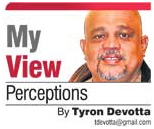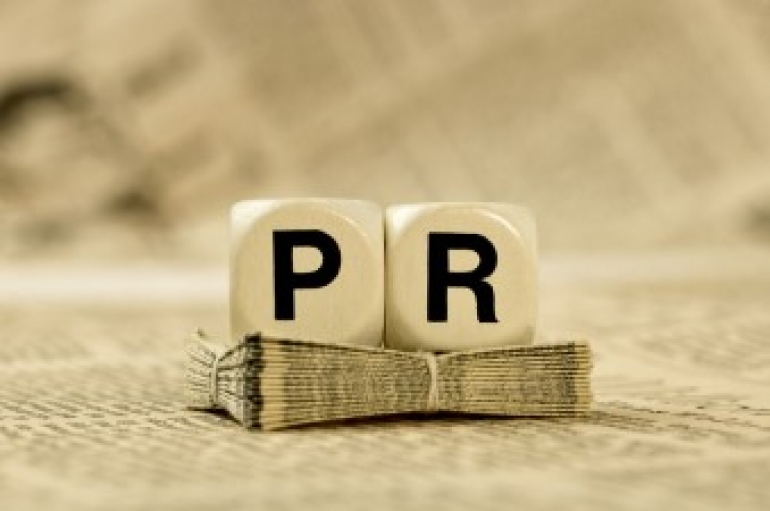Who is a PR person? Though the answer may seem obvious on the face of it, it has become quite important these days to define the role of public relations.This is because the sustainability model of present day business demands engaging and interacting with their various stakeholders as businesses are increasingly beginning to realise that they no longer operate in isolation.
The identified role of public relations people in the corporate world goes well back; from its inception in 1906 USA, when it was used as a buffer to manage public opinion between the robber barons and the muck raising yellow journalism. Today it has evolved into a science by itself. All its spin doctoring, perception management tools and media relations, etc., are what we know as public relations.
Before one gets into analysing the role of PR, it would be good by far and large to understand how the media views this particular breed – and that is with suspicion. This is justifiable as the media is expected to be objective in its approach, whereas PR people are generally subjective.
In Sri Lanka public relations spin doctoring has not reached as advanced a level as it has in the US, probably because the issues surrounding corporate bodies in Sri Lanka are not as great in magnitude or because the media (mass media plus social media) is not sophisticated enough in its reporting of issues.
It’s not that the Sri Lankan media does not have its share of ‘issues reporting’ with the corporate sector, but in most cases the type of reporting is not investigative enough to give depth to a story, in order to create ripples. I say this boldly – that reporting standards have not been maintained through the years and I am sure there would be many senior journalists in the media who will agree.
I find that on many occasions, media people don’t know the art of investigative journalism anymore and seem to have replaced it with a kind of muck raising reportage, which not only fails to follow any ethical norms that the industry needs to possess if it is to be credible but also cross the line into PR territory by being subjective. The result of this is an industry which, overall, is fast losing the power it needs to have in shaping public opinion.
Along with this weakening, the role of public relations has also diminished. Here in Sri Lanka, it has got stuck in the rut of PR people becoming information managers, i.e. distributors of press releases and organisers of press events rather than press conferences which engage journalists and corporate bodies in useful discussion.
Therefore, one can only conclude that the PR industry is going downhill rather than evolving into a key component in partnering corporates to engage their stakeholders.The media itself needs to be active and balanced and above all understand the necessity of being objective in their reporting. It is not that they have to be perfect, but a responsible media is the hallmark of a good democracy – its so-called 4th pillar.
Coming back to public relations – it has to be the other side of the coin. Not being just spin doctors, but people who would contribute to the checks and balances of the media whilst being a watchdog who will also protect the interests of their clients, which to a degree is being subjective. Therefore, they have to take on the position of being honest brokers and intermediaries between their clients and the media. They would also act as a guide in assisting clients to present their point of view whilst advising them on the norms of the industry.
So what happens when issues develop that create polarisation between public opinion and clients, which would be termed a ‘crisis situation’ by PR experts? I was reading a recent article in the ‘Economist’ which said that PR men have developed another version of what their industry is for – an alternative to the well-established ‘honest broker’ – in which they portray themselves as defence lawyers in the court of public opinion.
However, as we all know, even defence lawyers have to keep within the rules. Therefore, it is important for public relations people too to develop their own set of rules in managing perception. Looking at the overall picture, objective journalism and subjective PR managers are like two sides of a coin. Together they make an important formula in maintaining checks and balances in creating perception and forming public opinion.
(The writer, a PR consultant and head of Media360, was previously a mainstream journalist in print and electronic media. He also edits a new media website.)
Source : Daily FT (http://www.ft.lk/columns/of-public-relations-and-media/4-13725)



